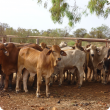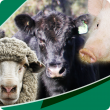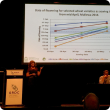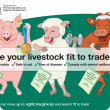Filter by regions:
- (-) Remove Goldfields-Esperance filter Goldfields-Esperance
- Wheatbelt (282) Apply Wheatbelt filter
- Great Southern (281) Apply Great Southern filter
- Mid West (272) Apply Mid West filter
- South West (265) Apply South West filter
- Peel (245) Apply Peel filter
- Perth regions (210) Apply Perth regions filter
- Gascoyne (184) Apply Gascoyne filter
- Pilbara (168) Apply Pilbara filter
- Kimberley (162) Apply Kimberley filter







